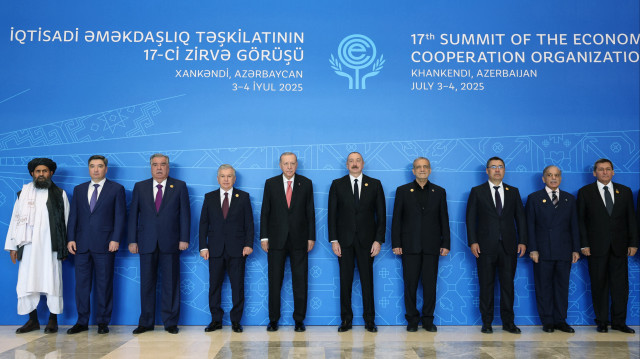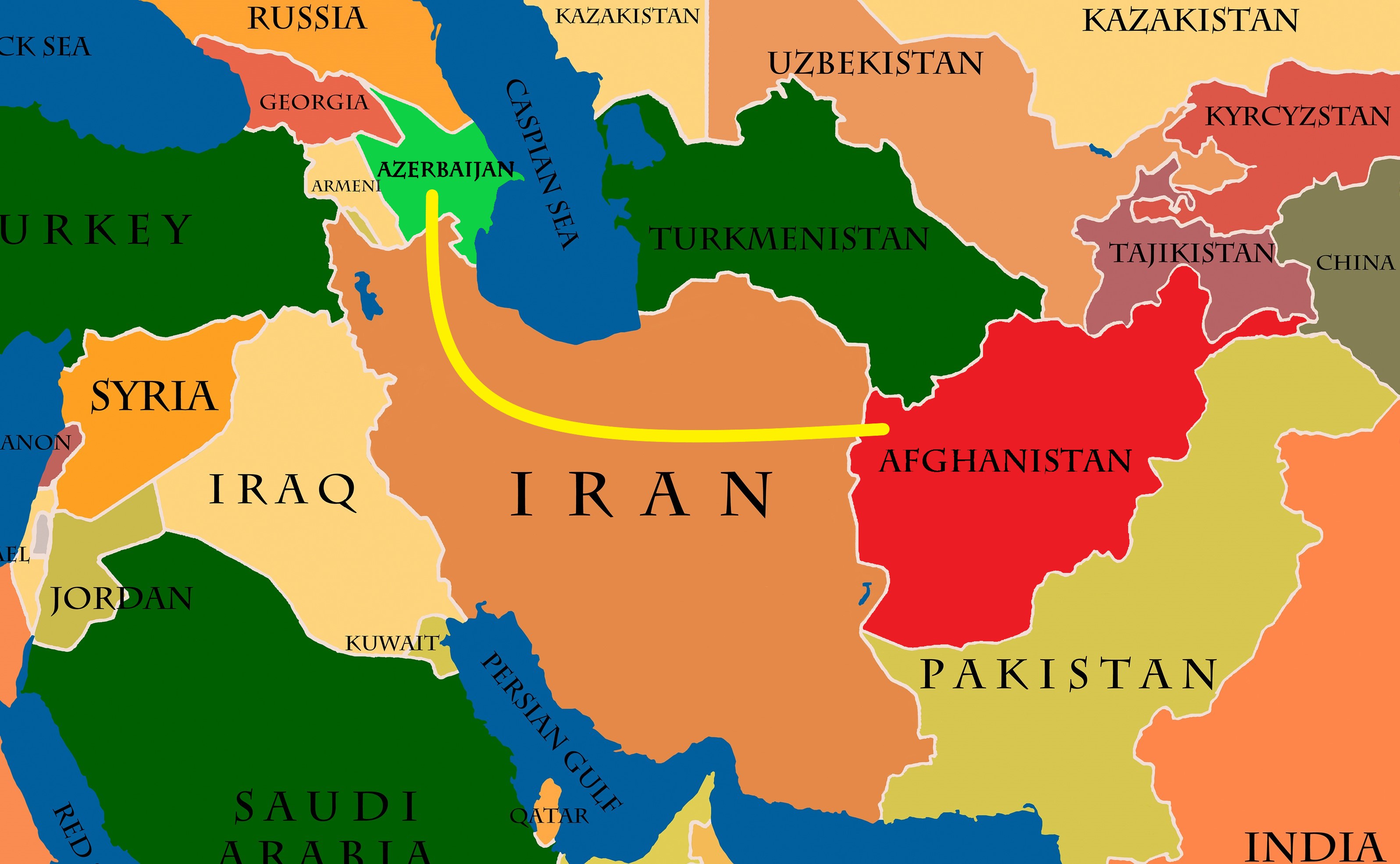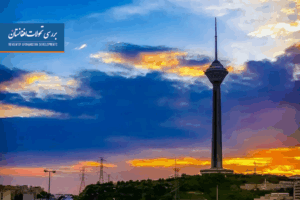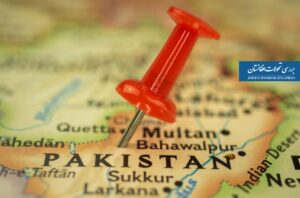Review of Afghanistan developments
The Republic of Azerbaijan has demonstrated a significant commitment to engaging with the Taliban government over the past two years. The establishment of the Azerbaijani embassy in Kabul for the first time, the arrival of economic delegations in Kabul, the invitation extended to Taliban government officials to attend the International Climate Change Conference, the invitation to Mullah Baradar, the Deputy Prime Minister for Economic Affairs, to participate in the meeting of the heads of state of the Economic Cooperation Organization member states, along with numerous bilateral and trilateral discussions on political, trade, and economic matters, suggest that Azerbaijan perceives the new Afghanistan as a central element of its geopolitical and geoeconomic objectives.
Azerbaijan’s shift towards interaction with the Taliban government
Prior to the Taliban’s rise to power, Azerbaijani military units were actively involved in the NATO mission in Afghanistan. For almost twenty years, Azerbaijani forces were deployed in Kabul. Following the Taliban’s resurgence, Azerbaijan adopted a cautious approach at first; however, starting from the second year of Taliban governance, Baku altered its stance towards the Taliban administration. In February 2022, Azerbaijan established its embassy in Kabul and began to engage through various channels.
Alongside its efforts to foster bilateral relations, Baku sought to enhance its interactions with the Taliban administration via regional and international bodies, including the Economic Cooperation Organization (ECO) and the United Nations Climate Change Conference (COP29). The third approach involved trilateral engagements, which aimed to designate Uzbekistan as a collaborative partner in Afghanistan.
Azerbaijan’s shift towards the Taliban government is driven by its ambitious objectives and strategies, some of which pertain to the South Asian region. Since the establishment of the republic, Azerbaijan and Turkey have developed the “Lapis Lazuli” corridor aimed at linking to Afghanistan, facilitating a connection between the two nations through the Caspian Sea and subsequently through Turkmenistan to Afghanistan. Nevertheless, this initiative has yet to be realized due to various factors, including technical challenges, security concerns, and transportation expenses. An analysis of Azerbaijan’s activities over the past two years indicates that Baku does not perceive a change in regime in Afghanistan as a hindrance to the attainment of its strategic objectives.

Designing the railway route connecting Azerbaijan, Iran, and Afghanistan
Considering the obstacles encountered by the Lapis Lazuli Corridor, Baku’s attempts to reach Afghanistan could be supported by an alternative approach, specifically through collaboration and partnership with Iran. A reliable route, along with the presence of adequate and contemporary Iranian infrastructure, can enhance the connectivity between Azerbaijan and Afghanistan, thereby establishing a significant rail axis linking Baku, Tehran, and Kabul. It is important to highlight that, given Iran’s railway connections to both Azerbaijan and Afghanistan, the sole missing component in this strategic corridor is the implementation of vigorous economic diplomacy among the three countries.
This railway corridor holds significant and strategic consequences for all three nations. Iran can leverage this route to enhance its geo-economics significance and boost foreign exchange revenues from transit, thereby mitigating the effects of Western sanctions on its economy. In this manner, Baku will advance its overarching objectives and, through this route, will gain entry to the expansive markets of South Asia.
This proposed railway route offers numerous advantages for Afghanistan. Besides enabling the country to participate in international initiatives that enhance its acceptance, it also improves Afghanistan’s connectivity to the Caucasus region. A significant objective of the Taliban administration over the past four years has been to leverage the transit capabilities of neighboring nations to boost both exports and imports, particularly in promoting its mineral resources, which is crucial for addressing economic challenges. Furthermore, it aids in the export of Afghan goods and the import of products from Azerbaijan and other nations in the Caucasus.
Related articles
Trilateral summit: China’s role as a mediator between AfPak
The Economy of Afghanistan under Taliban governance
Conclusion
In the foreign policy of the Taliban government, which focuses on economic matters, enhancing economic and trade relations with a greater number of partners is viewed as a fundamental pillar. Given Azerbaijan’s enthusiasm for economic engagement with Afghanistan, Baku emerges as a fresh and varied target. From this viewpoint, Azerbaijan is regarded as a new opportunity for the Taliban government’s trans-regional economic strategy. To actualize this collaboration, establishing a financially feasible land route is a crucial and essential requirement for the longevity of this partnership.
Iran’s railway line, linking Azerbaijan and Afghanistan, has the potential to actualize this Afghan policy by serving as a secure, economical, and efficient corridor. Beyond the economic advantages for all three nations, the Azerbaijan-Iran-Afghanistan railway line will foster connectivity and strengthen ties among the three countries. Collaborative efforts among these nations through platforms like the ECO organization will also influence this initiative, similar to how the establishment of the Istanbul-Tehran-Islamabad railway route has facilitated progress.
The crucial step at this juncture is to engage in intensive diplomatic efforts among the three nations to achieve a consensus on this matter. It is recommended that representatives from the Taliban government commence this diplomatic initiative and invite Azerbaijani and Iranian diplomats to Kabul to facilitate an agreement on this issue.
Follow us on social Media

















